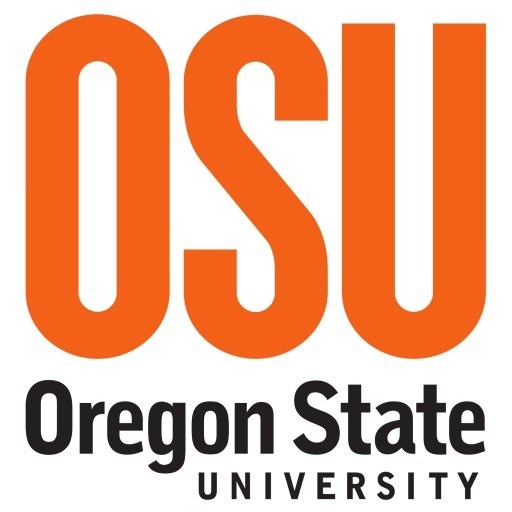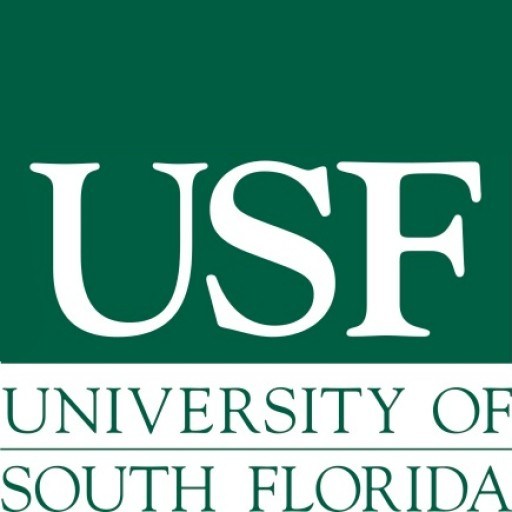The Bachelor of Science in Pharmaceutical Engineering at Rutgers University-Camden offers students a comprehensive education that combines principles of engineering, chemistry, biology, and pharmaceutical sciences to prepare graduates for dynamic careers in the pharmaceutical industry. This program is designed to equip students with a strong foundation in the fundamental sciences, alongside specialized knowledge of drug manufacturing processes, quality control, pharmacokinetics, and regulatory requirements. Throughout the curriculum, students engage in rigorous coursework that covers topics such as chemical engineering principles, pharmaceutical formulation, process design, and biomedical sciences, ensuring they are well-prepared to address the complex challenges faced by the pharmaceutical sector.
The program emphasizes hands-on learning through state-of-the-art laboratories and research opportunities, enabling students to gain practical skills in drug development, formulation, and manufacturing technology. Students also benefit from collaborative projects, internships, and partnerships with industry leaders, providing valuable real-world experience and networking opportunities that facilitate a smooth transition into the workforce. Faculty members are actively involved in research and industry collaborations, offering mentorship and guidance on current trends and advancements in pharmaceutical engineering.
Rutgers-Camden’s strategic location and strong connections with biotech and pharmaceutical companies in the region offer students additional internship and employment opportunities. The curriculum is continually updated to keep pace with emerging technologies and regulatory standards, ensuring graduates are equipped to innovate and excel in their careers. Upon completion of this program, students are prepared to pursue roles in drug development, manufacturing, quality assurance, regulatory affairs, and research and development within the pharmaceutical industry or to continue their education through graduate studies. The Bachelor of Science in Pharmaceutical Engineering at Rutgers University-Camden aims to foster skilled professionals dedicated to improving healthcare through innovative pharmaceutical solutions.
The Bachelor of Science in Pharmaceutical Engineering at Rutgers University-Camden offers students a comprehensive curriculum designed to prepare them for a dynamic and impactful career in the pharmaceutical and biotechnological industries. This rigorous program combines foundational engineering principles with specialized knowledge in pharmaceutical sciences, enabling graduates to contribute effectively to drug development, manufacturing, quality assurance, and regulatory compliance. Throughout their studies, students gain a strong foundation in chemistry, biology, mathematics, and engineering fundamentals, which are essential for understanding the complex processes involved in pharmaceutical production. The curriculum includes courses in pharmaceutical formulation, process design, materials science, bioprocess engineering, and quality control. Emphasis is placed on practical laboratory work and innovative research projects that foster hands-on experience and critical thinking skills. Students are also encouraged to develop a global perspective on pharmaceutical issues, including drug safety, regulatory standards, and ethical considerations in healthcare. The program collaborates with industry partners and offers internship opportunities to provide real-world exposure and networking advantages. Graduates of this program are well-equipped to enter careers in pharmaceutical manufacturing, research and development, regulatory affairs, or pursue advanced studies in related fields. The interdisciplinary approach of Rutgers University-Camden’s Pharmaceutical Engineering program ensures that students graduate with a versatile skill set, ready to meet the evolving demands of the healthcare industry and contribute to the development of life-saving medications and innovative therapies.
The Bachelor of Science in Pharmaceutical Engineering at Rutgers University-Camden requires students to complete a comprehensive curriculum designed to prepare them for careers in the pharmaceutical and biotechnology industries. The program emphasizes foundational courses in chemistry, biology, and engineering principles, combined with specialized coursework in pharmaceutical sciences. Students are expected to undertake a series of core courses such as General Chemistry, Organic Chemistry, Physics, Mathematics, and introductory Biology to establish a strong scientific base. Advanced courses include Pharmaceutical Engineering Principles, Drug Development, Quality Assurance, Process Engineering, and Regulatory Affairs, providing students with both theoretical knowledge and practical skills necessary for the industry.
In addition to coursework, students must complete laboratory work and participate in research projects to gain hands-on experience with pharmaceutical manufacturing processes and quality control methods. The program also incorporates internships and cooperative education opportunities, enabling students to apply their learning in real-world settings and develop industry connections. To graduate, students are typically required to earn a minimum number of credits as specified by the university, successfully complete all designated courses with satisfactory grades, and fulfill any required laboratory and project work components. Stringent adherence to safety protocols and ethical standards is emphasized throughout the program. By completing this rigorous curriculum, graduates will be prepared for entry into pharmaceutical manufacturing, product development, regulatory agencies, and related fields within the healthcare industry.
If you are pursuing a master's degree or professional, terminal degree, Rutgers can help you find fellowships and scholarships to support your advanced study.
The Bachelor of Science in Pharmaceutical Engineering at Rutgers University-Camden is a comprehensive undergraduate program designed to prepare students for careers in the pharmaceutical, biotechnology, and related industries. The program combines principles of engineering, sciences, and pharmaceutical sciences to provide a solid foundation in the development, manufacturing, and regulation of pharmaceutical products. Students will gain knowledge in areas such as chemical engineering, materials science, biochemistry, and process design, enabling them to address complex challenges in drug formulation, production, and quality assurance. The curriculum emphasizes practical experience through laboratory work, industry internships, and collaborative projects, which are integral components of the program. Rutgers University-Camden’s location offers strategic advantages, facilitating partnerships with pharmaceutical companies and access to industry professionals. Graduates of the program are equipped with the skills necessary for roles in pharmaceutical research and development, manufacturing operations, regulatory compliance, and quality control. The program also prepares students for advanced studies in pharmaceutical sciences, engineering, or related fields. Faculty members are experts in their domains, contributing to cutting-edge research and ensuring a high-quality education aligned with current industry standards. Additionally, the program fosters critical thinking, problem-solving, and innovation, vital for success in the ever-evolving pharmaceutical landscape. The university offers dedicated resources such as laboratories, research centers, and career services to support student success. Overall, the Bachelor of Science in Pharmaceutical Engineering aims to produce well-rounded, industry-ready graduates who can contribute to advancements in health care and improve public health outcomes globally.






